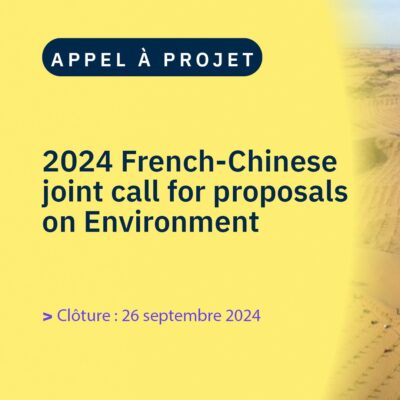
Metabolism-related diseases such as diabetes, high blood pressure (hypertension) and obesity affect millions of people worldwide. The Metabo-LIC project is led by Professor Mark Thursz, from the Department of Metabolism, Digestion and Reproduction at Imperial College London, and Marc-Emmanuel Dumas, a research fellow at CNRS (EGID1, University of Lille, CNRS, CHU de Lille, Inserm, Institut Pasteur de Lille). Metabo-LIC aims to use artificial intelligence (AI) and machine learning to improve the understanding of these diseases, their diagnosis and to develop potential drugs and treatments. One of the key elements of the project will be to develop a “Google Earth” of metabolism, to understand the distribution of metabolites in the body and their interaction with other organs.
The team of researchers will use cutting-edge AI and machine learning to predict disease trajectories for patients to enable clinicians to make better and faster decisions. The goal is also to help accelerate drug discovery for microbiome based therapeutics and enhance precision medicine.

This partnership also lays the foundations for a strong and leading European collaboration between the CNRS, the University of Lille and Imperial College in the field of integrative metabolism.
Metabolic diseases such as diabetes, high blood pressure and obesity affect millions of people in the UK, France and around the world,” said Professor Mary Ryan, Vice Principal for Research and Enterprise at Imperial College. They can change or limit the lives of those affected and represent a significant burden on global health services. This ambitious new project brings together some of the world’s leading experts to find new ways to improve understanding and accelerate treatment of these conditions. This partnership demonstrates the ambitions of Imperial College, the University of Lille and CNRS to work together and with partners to address some of the world’s greatest challenges in health, medicine, data and other scientific fields.”
CNRS Director General for Science Alain Schuhl added, “The scientific collaboration between CNRS and Imperial College has a long history. The creation of this ambitious international project on metabolism, at the heart of the CNRS-Imperial joint research center, represents a new opportunity to strengthen an effective and powerful framework for addressing global challenges.”

Imperial College and CNRS
The project is one of four formal CNRS collaborative mechanisms that are now part of the CNRS-Imperial International Research Center (IRC) for Transformational Science and Technology launched in April 2022. This international research center aims to work on a wide range of research areas – and major European-funded projects.
The Center – one of only four such structures in the world (along with the Universities of Tokyo, Chicago, and Arizona) and the only one in Europe – will also see the two institutions collaborate on training early career researchers, including through doctoral fellowship programs, or research funding campaigns, as well as sharing facilities, laboratories, infrastructure, and data.
Read more:
The Metabo-LIC Project : Coup de projecteur sur les International research projects [FR]
The CNRS international research centers : coopérer à l’international [FR]
A lire aussi
Le CNRS dévoile ses attentes sur le futur programme cadre de l’Union européenne pour la recherche et l’innovation

À l'approche de la dernière phase de programmation stratégique du programme-cadre de l’Union européenne pour la recherche et l'innovation, Horizon Europe, la Commission européenne prépare son successeur, FP10 (10ème programme cadre), qui démarrera en 2028.
Uruguay | Le CNRS lance un nouveau laboratoire international de mathématiques avec l'Université de la Republica

Le 2 juillet 2024, le CNRS, le Ministère de l'éducation et de la culture uruguayen et l'Université de la République (UdelaR) ont signé l'accord de création d'un laboratoire de recherche en mathématiques, qui vient renforcer une coopération à l’œuvre entre les deux pays depuis 15 ans.
Lancement d'un appel à projets conjoint franco-chinois sur l'environnement

Le CNRS et la National Natural Science Foundation of China (NSFC) lancent un appel à projet conjoint centré sur les thématiques de la biodiversité et de l’impact du changement climatique. Les candidatures sont ouvertes jusqu'au 26 septembre










